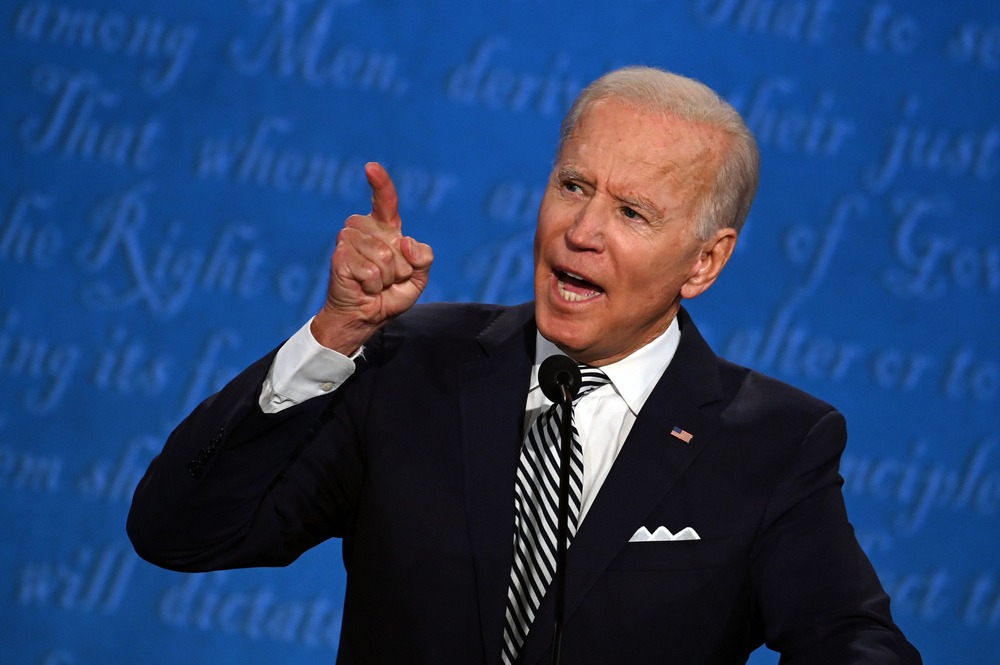
As we approach the inauguration date of US president-elect Joe Biden, medical device manufacturers are understandably concerned about what might change in terms of regulation for their products.
Under the administration of standing president Donald Trump, the US Food and Drug Administration (FDA) has scaled back the red tape significantly, and it’s widely expected that Biden will reverse many of the changes.
Global law firm Morgan Lewis has sought to keep manufacturers ahead of the curve with a set of predictions on how regulation might change, written by partners Dennis C Gucciardo and Michele L Buenafe, with input from associate Maria Kalousi-Tatum.
“As President-elect Joseph Biden gears up to take office on January 20, the upcoming change in administration will impact the FDA’s oversight and regulation of medical devices and digital health,” the trio wrote.
“The most immediate and significant changes impacting FDA’s medical device oversight are likely to include a repeal of certain Trump administration orders on regulatory reform and changes in leadership at both FDA and the US Department of Health and Human Services (HHS).”
The Trump-nominated FDA Commissioner Dr Stephen Hahn has ran the FDA since December 2019, and following this date much of his effort has been focused on the Covid-19 pandemic and the best ways to bring new tests and vaccines to market quickly.
This emphasis is expected to remain under Biden’s administration, but after a large degree of loosening under Trump, Morgan Lewis expects the enforcement of regulation to get stricter, even for Covid-related products.
“Certain FDA priorities… including efforts to prioritise Covid-19-related medical devices and digital health technologies, are expected to continue under the new administration,” the author’s wrote.
“Device companies should be prepared for an uptick in FDA enforcement activity, including those that received Emergency Use Authorizations (EUAs) for products intended to aid in Covid-19 relief efforts.”
Who will Biden put in charge of medical device regulation?
Three names are currently circulating in rumors about who might take over from Dr Hahn: Dr. Amy Abernethy, Dr. David Kessler, and Dr. Joshua Sharfstein.
Dr. Abernethy, a haematologist, oncologist and palliative medicine physician, is currently serving as FDA principal deputy commissioner and chief information officer under Dr. Hahn.
Dr. Kessler previously served as FDA commissioner from 1990 to 1997, and is a co-chair on President-elect Biden’s Covid-19 Advisory Board.
Dr. Sharfstein is currently the vice dean for public health practice and community engagement at Johns Hopkins Bloomberg School of Public Health, and he previously served as principal deputy commissioner at the FDA during the Obama administration, under then Commissioner Dr. Margaret Hamburg.
According to Morgan Lewis, it’s Dr Sharfstein that may have faced the greatest challenge out of the three in service to the government agency.
“Dr. Sharfstein’s tenure at FDA overlapped with a particularly difficult time for the Center for Devices and Radiological Health (CDRH), during which CDRH faced significant scrutiny regarding the clearance of the ReGen Biologics’ Menaflex device, leading to both an internal FDA review and an outside independent review by the Institute of Medicine of FDA’s 510(k) program,” wrote the Morgan Lewis experts.
Enforcement action under Biden
According to Morgan Lewis, there was a 90% decrease in Warning Letters – public declarations of rule breaking used to hold companies to account – between 2015 and 2019.
These letters are expected to grow in use under the administration of president-elect Biden after a significant reduction of the FDA’s inspection program was caused by the need to focus on Covid-19.
“In the near term, we expect FDA to focus its efforts on evaluating companies for compliance with their EUA Conditions of Authorisation (e.g., reporting Medical Device Reports (MDRs) in accordance with 21 C.F.R. Part 803, reporting product performance issues as required by the Conditions of Authorization),” the authors predicted.
“Similar to what we saw under the Obama administration, we expect an increase in “for cause” inspections triggered by allegations of wrongdoing by consumers and consumer groups to FDA.
“In the long term, with seasoned device companies opting to participate in the voluntary third-party Medical Device Single Audit Program (MDSAP), we expect the FDA’s inspection cadre (which has not reduced in size) to inspect promptly new firms that recently received premarket clearance (and potentially firms marketing 510(k)-exempt devices).”
While the increase in inspections and enforcement actions are likely to be of primary concern to medical device manufacturers operating within the US, the full set of predictions from Morgan Lewis includes notes on how president-elect Biden might address cybersecurity concerns in medical devices and how likely it is that laboratory developed tests (LDTs) could come under the FDA’s regulatory scope.



